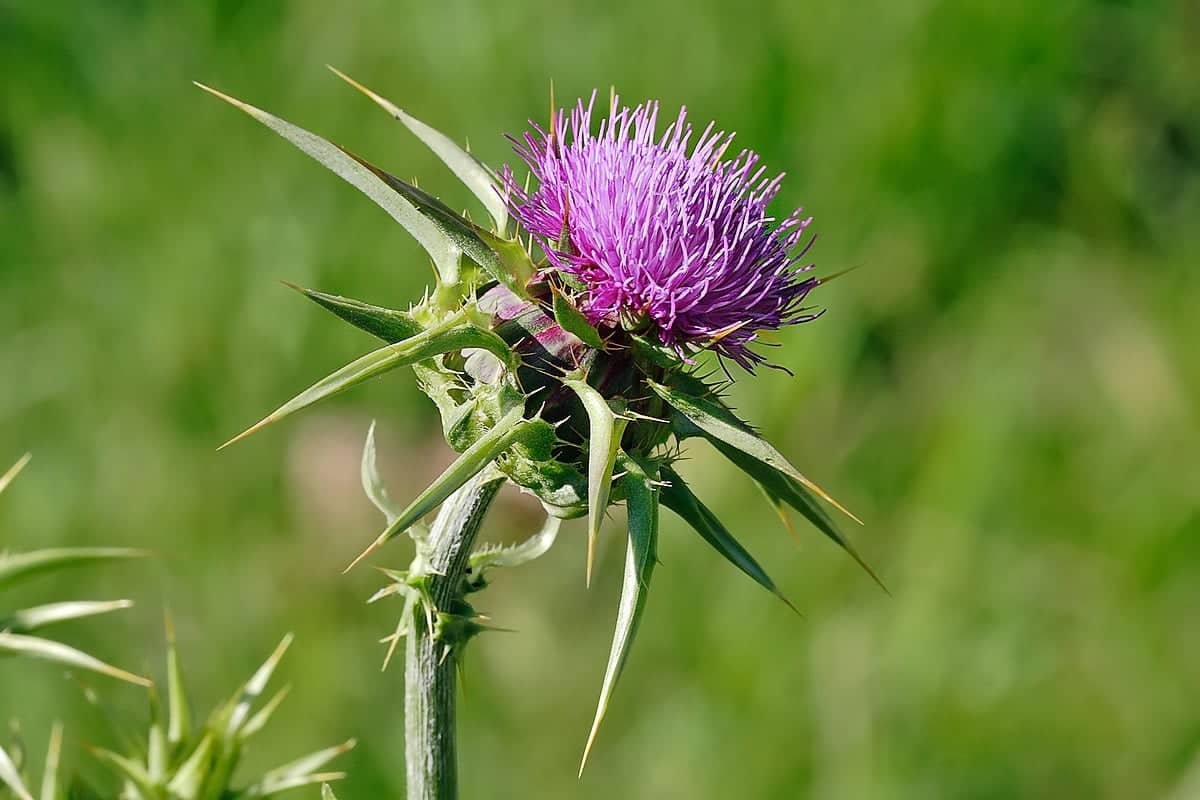
Milk thistle (Silybum marianum ), also known as wild artichoke, silver thistle, or Notre Dame thistle, is an annual or biennial plant of the Asteraceae family.
Milk thistle is a digestive and liver-protecting plant, hence its name "detox". It reduces the penetration of toxic substances (drugs, alcohol, etc.) into its cells.
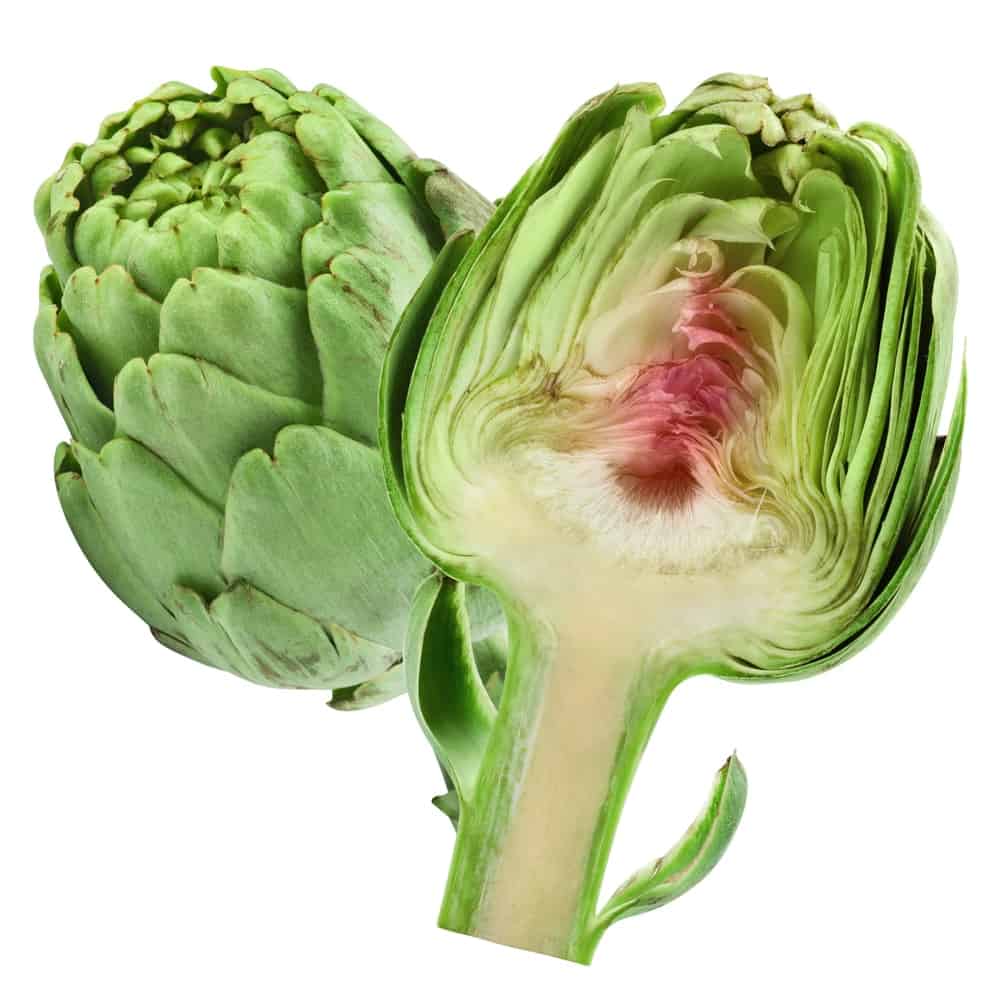
Artichokes contain cynarin, an antioxidant that gives this vegetable a slightly astringent and bitter taste.
"This antioxidant stimulates the gallbladder and the elimination of toxins by the liver for better digestion.
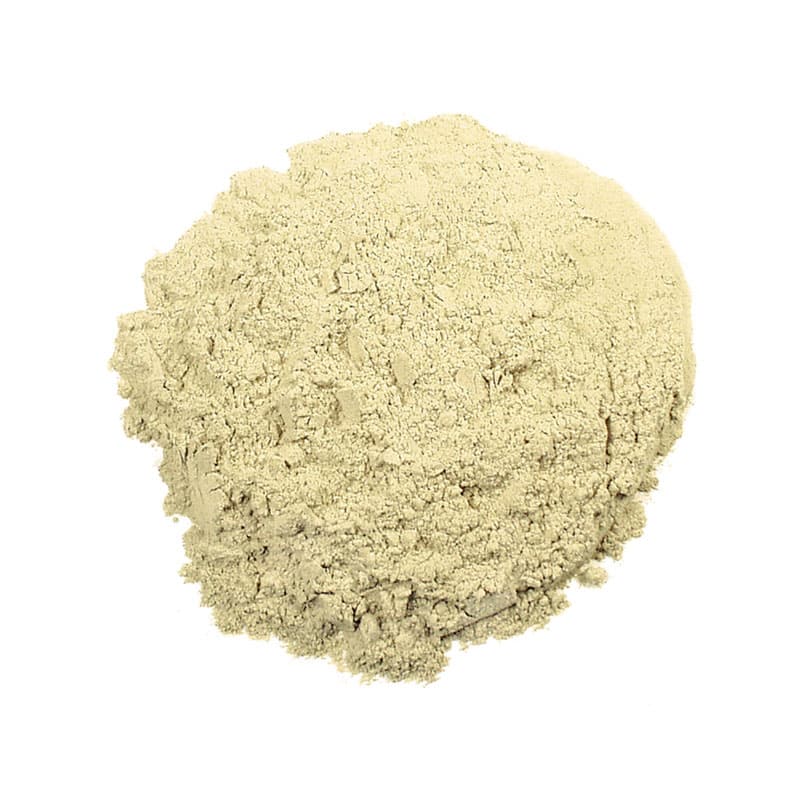
Artichoke powder also contains interesting amounts of potassium.
"This mineral has a diuretic effect, fights against water retention and helps to clean the body.
This is why it is often recommended in a detox diet.
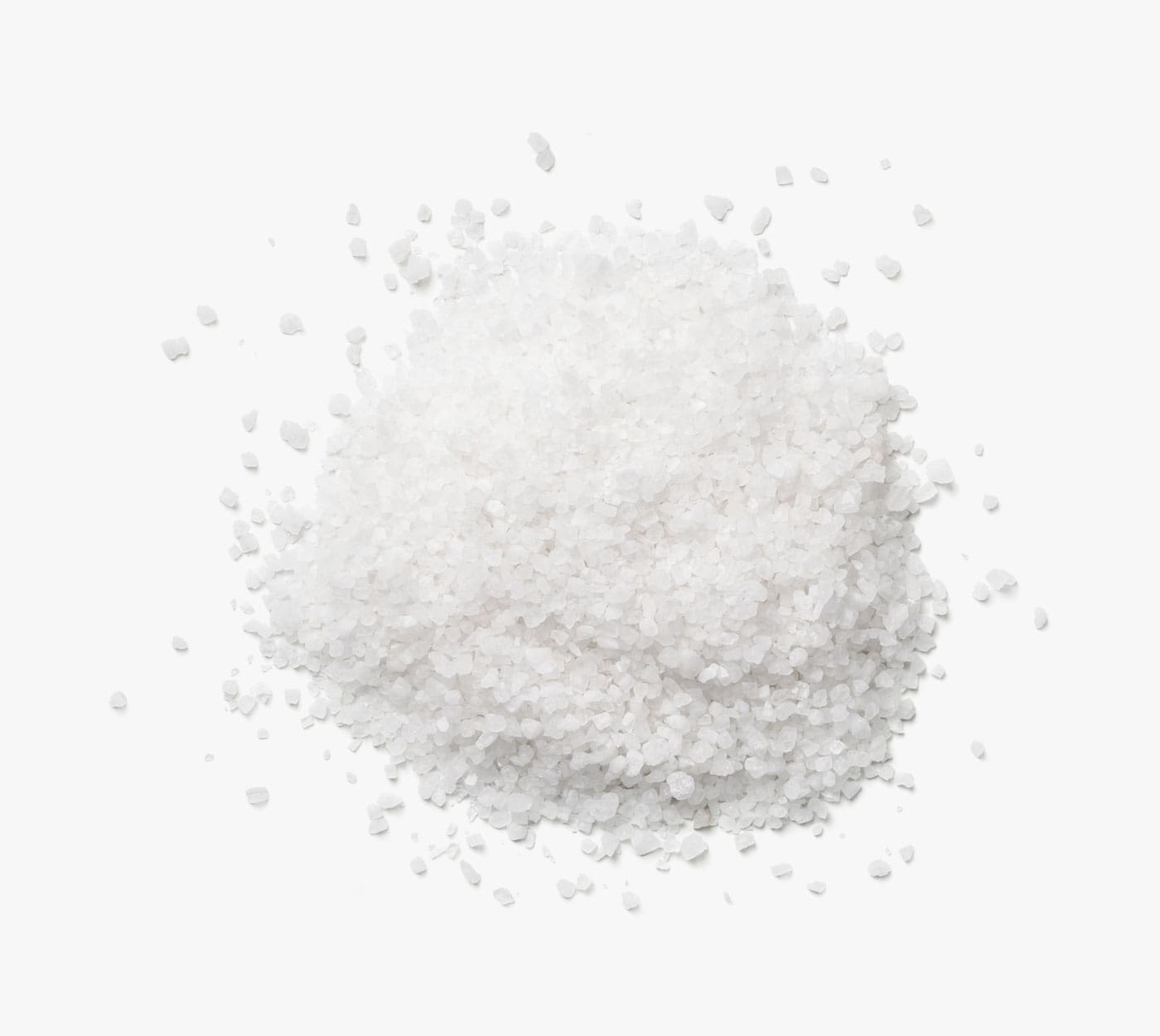
Choline Bitartrate is a natural essential nutrient, necessary for the brain and the liver.
Choline contributes to lipid metabolism. Choline is a precursor of phospholipids and plays a role in the structure of cell membranes.
Choline helps to maintain optimal liver function. It has been shown that choline deficiency is often associated with liver damage (increased serum alanine aminotransferase activity) and the development of hepatic steatosis (hepatosteatosis).
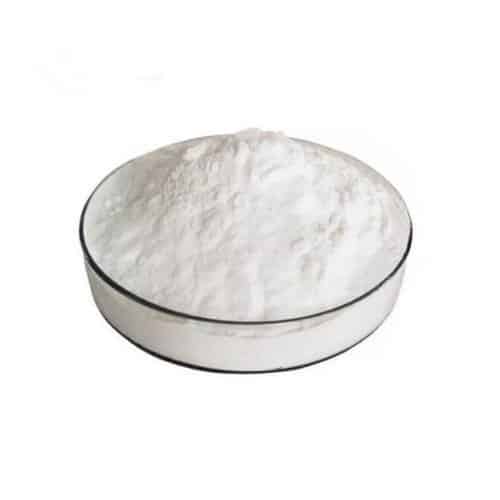
As NAC (N-Acetylcysteine) isa reducing agent and a powerful antioxidant, it also protects the liver very well. It prevents liver damage caused by alcohol metabolism and relieves the symptoms of a "hangover".
It is also a good way to treat paracetamol poisoning and drug overdose. These properties make it an interesting ally for getting rid of the side effects of chemotherapy by helping the liver and the body to evacuate the excess chemicals.
NAC also reduces the toxicity of heavy metals and promotes their elimination.
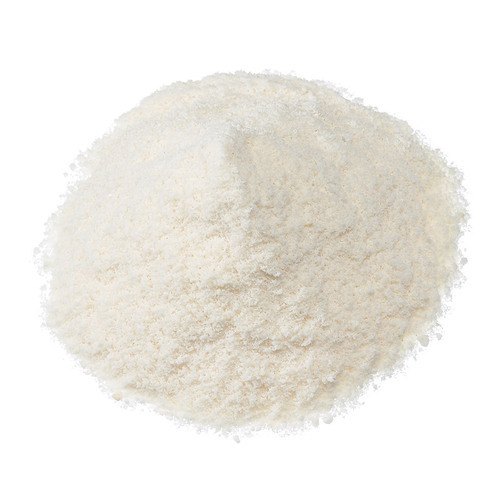
Methionine is an essential amino acid, and it is essential to provide it in sufficient quantities to maintain good health. This amino acid is unique because of its sulphur structure.
Methionine has many health benefits, helping to preserve the liver and ensure optimal protein synthesis.
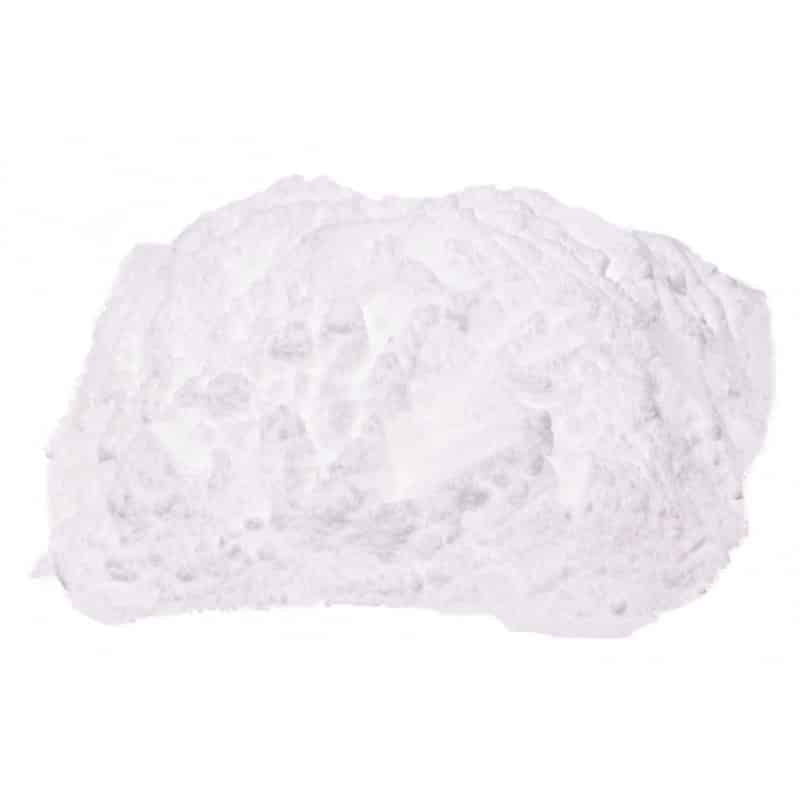
It also has the potential to help limit glucose storage in the body, eliminate fat from the liver and prevent hypoglycaemia.
Its association with choline allows it to act in synergy to strengthen the liver and brain function.
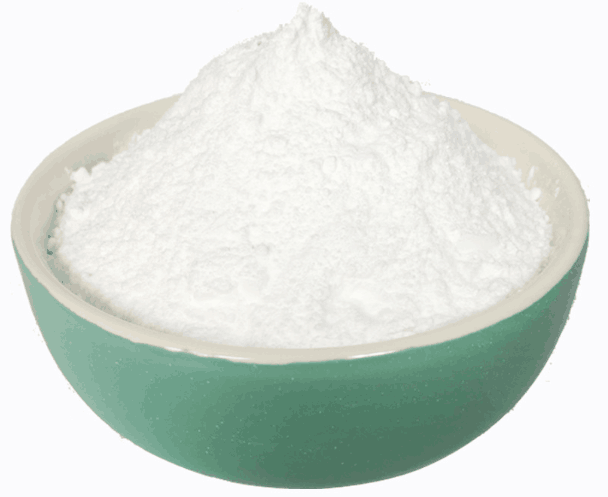
Glutathione is a little-known compound that is sometimes referred to as the king of antioxidants. It is a protein naturally produced by the body, which plays a key role in the functioning of the body.
In the liver, it limits the accumulation of toxins. Glutathione is therefore useful in cases of heavy metal intoxication, medication, liver disease or an altered lifestyle (smoking, alcohol, drugs or other).
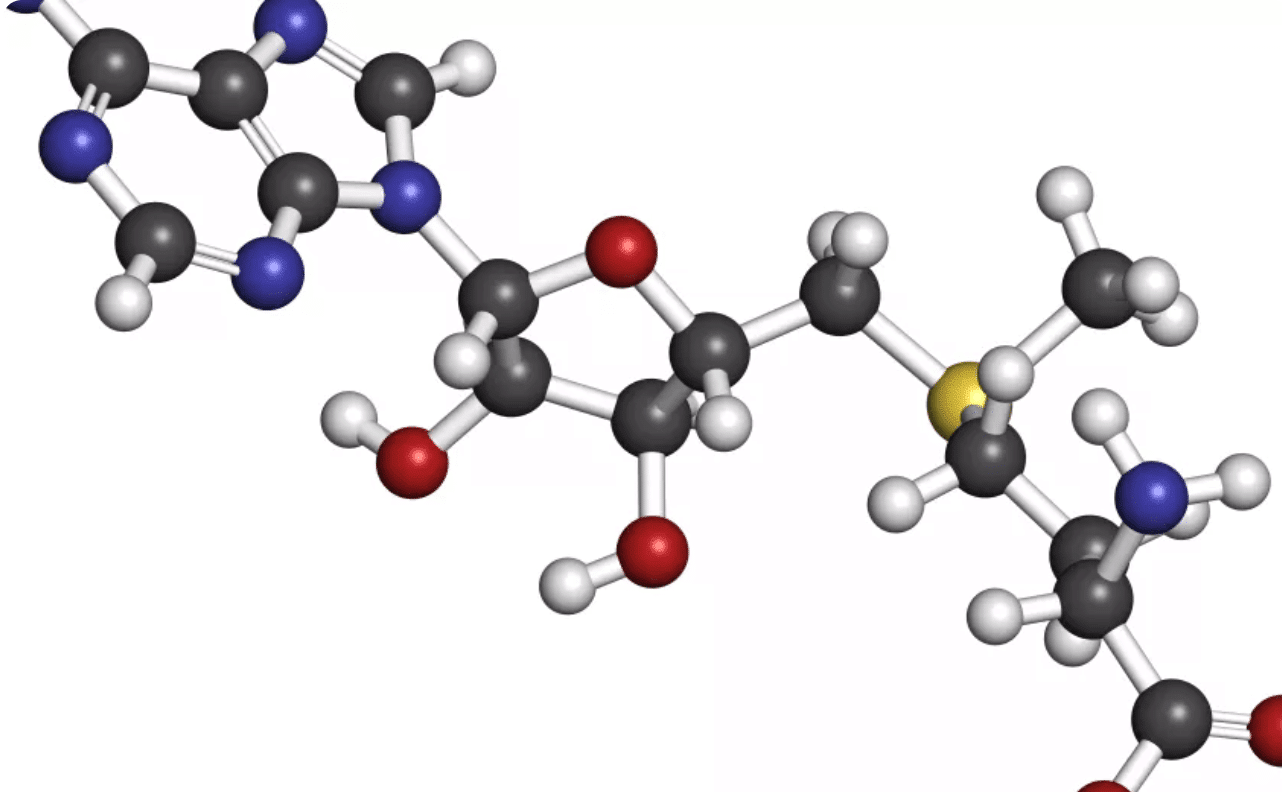
Its full scientific name is " S-adenosyl-L-methionine ". It can always be simplified to "adenosylmethionine", but in trade and everyday conversation, the acronym SAMe is used instead.
It plays an essential role in the glutathione cycle, a very powerful antioxidant produced by the body. As a precursor of many essential amino acids, it contributes to the synthesis, activation and metabolism of hormones, neurotransmitters, proteins, etc. It is therefore essential to the proper functioning of the body, particularly the central nervous system and the liver. It is therefore essential for the proper functioning of the body, particularly the central nervous system and the liver.
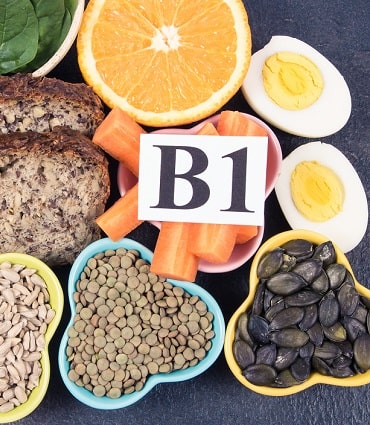
Vitamin B1 is important for the metabolism of carbohydrates, the breakdown of alcohol by the liver and the functioning of the nervous system.
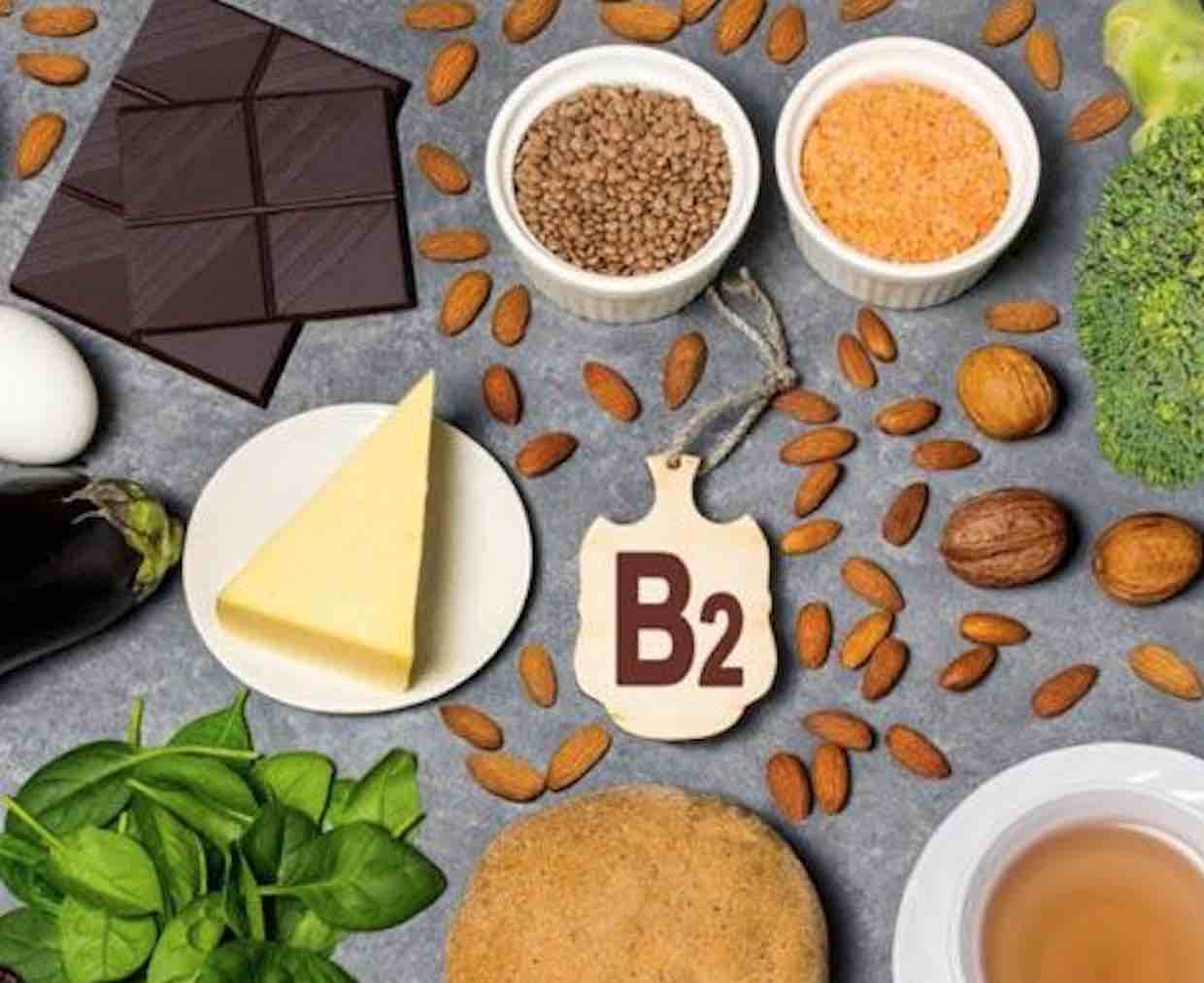
Vitamin B2 is necessary for the production of many enzymes. Derivatives of this vitamin are involved in the breakdown of fatty acids, amino acids and proteins.
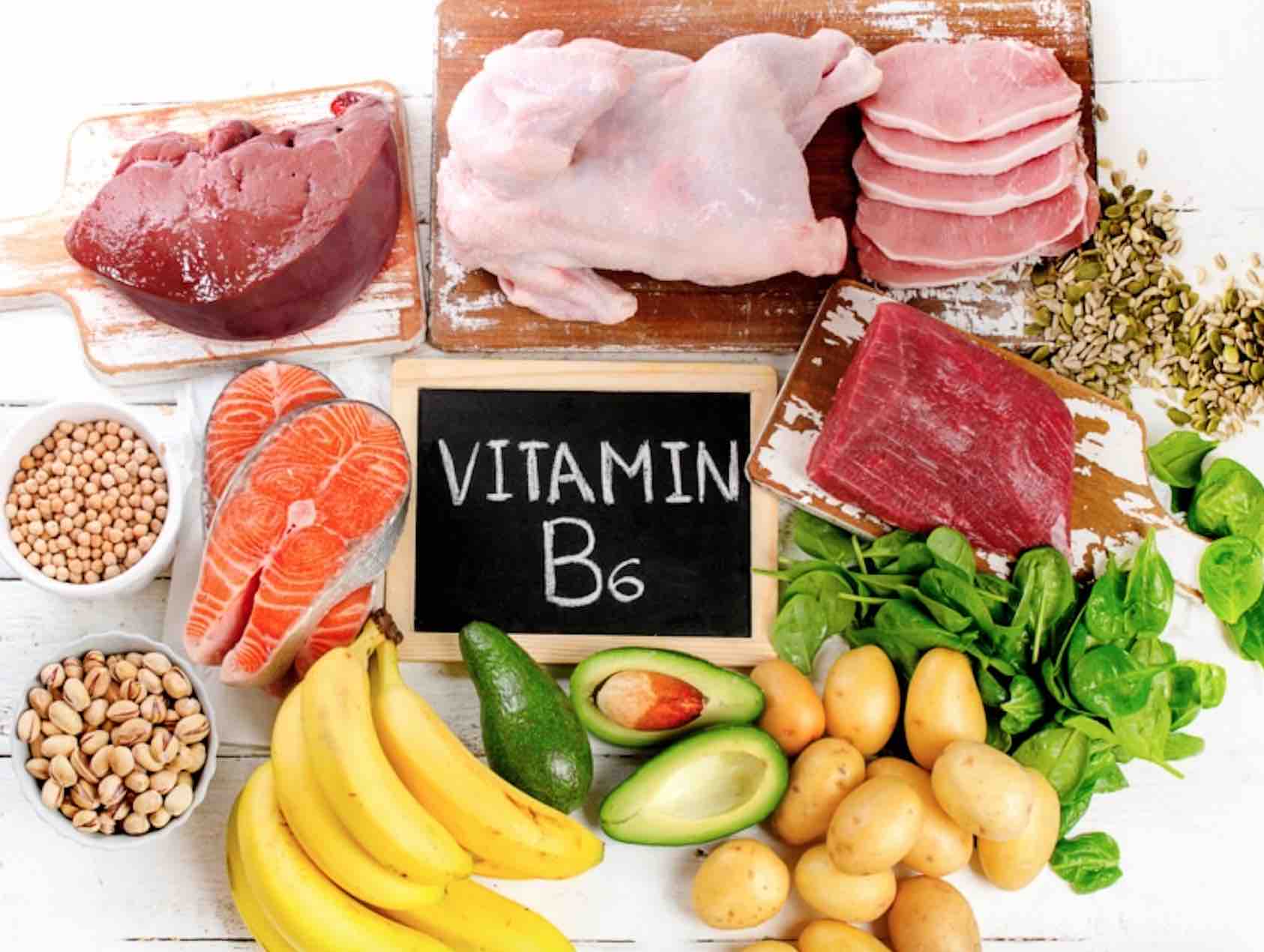
Vitamin B6 is a water-soluble vitamin known as "essential", because the body does not know how to make it and does not store it: the body must therefore draw it every day from food in which it is present in different forms: pyridoxine, pyridoxal and pyridoxamine.
Vitamin B6 acts as a cofactor in a large number of processes related to amino acid and protein metabolism. It plays a crucial role in the synthesis of certain antibodies, haemoglobin and certain neurotransmitters such as serotonin, melatonin, dopamine and gamma-aminobutyric acid. As such, it plays an important role in maintaining psychological balance.